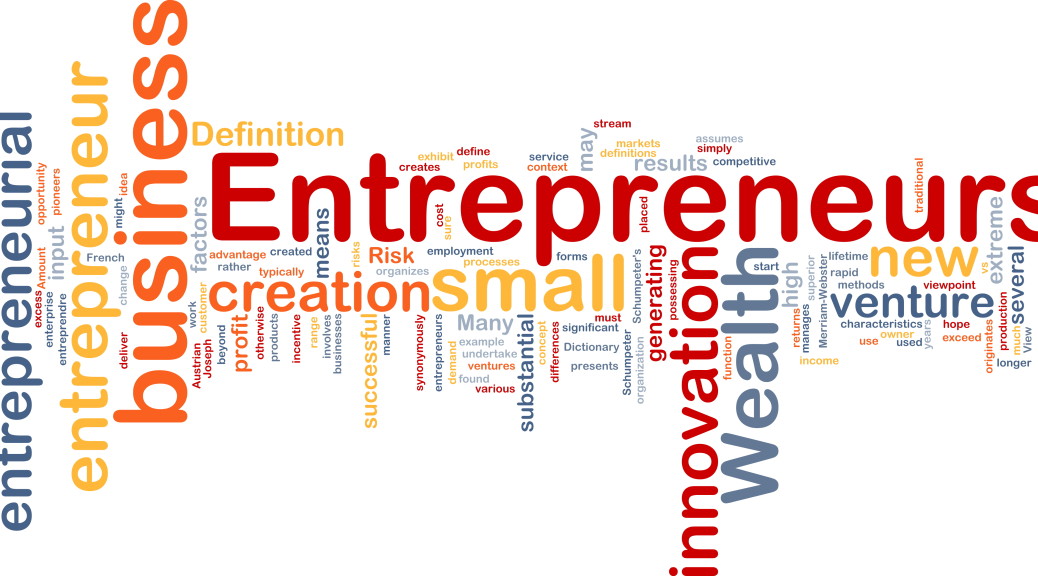The entrepreneurial mindset is a way of thinking that emphasizes creativity, innovation, risk-taking, and a willingness to learn and adapt. It is a valuable mindset that can be applied not only to starting and running a business, but also to many aspects of life. In this blog post, we will explore the merits of the entrepreneurial mindset and provide seven ways you can use it to achieve your goals.
Merits of the Entrepreneurial Mindset
- Creativity: Entrepreneurs are known for their ability to generate new and innovative ideas. The entrepreneurial mindset encourages a willingness to challenge the status quo and think outside the box, which can lead to new and exciting opportunities.
- Innovation: Entrepreneurs are also known for their ability to take an idea and turn it into a successful product or service. The entrepreneurial mindset encourages a focus on finding solutions to problems and creating value for customers, which can lead to new and innovative products and services.
- Risk-Taking: Starting and running a business involves taking risks, and entrepreneurs are often willing to take calculated risks in pursuit of their goals. The entrepreneurial mindset encourages a willingness to take risks and learn from failure, which can lead to valuable insights and growth opportunities.
- Adaptability: In today’s fast-paced and ever-changing world, adaptability is a valuable skill. Entrepreneurs are often required to pivot and adapt to changing circumstances, and the entrepreneurial mindset encourages a willingness to embrace change and adapt to new situations.
- Resilience: Starting and running a business can be challenging, and entrepreneurs often face setbacks and obstacles along the way. The entrepreneurial mindset encourages a focus on persistence and resilience, which can help entrepreneurs overcome challenges and achieve their goals.
- Learning: Entrepreneurs are constantly learning and growing, and the entrepreneurial mindset encourages a focus on continuous learning and personal development. This can lead to new skills, insights, and perspectives that can be applied to both personal and professional goals.
- Initiative: Entrepreneurs are often self-starters who take initiative and pursue their goals with passion and determination. The entrepreneurial mindset encourages a focus on taking action and making things happen, which can lead to new opportunities and achievements.
Seven Ways to Use the Entrepreneurial Mindset
- Starting a Business: One of the most obvious ways to use the entrepreneurial mindset is to start a business. If you have a great idea for a product or service, the entrepreneurial mindset can help you turn that idea into a successful business.
- Pursuing a Passion: The entrepreneurial mindset can also be applied to pursuing a personal passion or hobby. If you have a passion for something, such as writing, music, or art, the entrepreneurial mindset can help you turn that passion into a successful career or side hustle.
- Advancing Your Career: The entrepreneurial mindset can also be applied to advancing your career. By taking an entrepreneurial approach to your work, you can identify new opportunities and take initiative to create value for your organization.
- Problem-Solving: The entrepreneurial mindset can be applied to problem-solving in any area of life. By focusing on finding solutions and taking action, you can overcome challenges and achieve your goals.
- Networking: Entrepreneurs are often skilled at networking and building relationships, and the entrepreneurial mindset can be applied to building a strong personal and professional network. By taking an entrepreneurial approach to networking, you can identify new opportunities and build valuable connections.
- Personal Development: The entrepreneurial mindset can also be applied to personal development. By focusing on continuous learning and growth, you can develop new skills, gain new perspectives, and achieve your personal goals.
- Making a Difference: Finally, the entrepreneurial mindset can be applied to making a difference in the world. By focusing on creating value for others and solving important problems, you can make a positive impact on the world around you.
In conclusion, an entrepreneurial mindset can be a valuable asset in many aspects of life. Whether you’re looking to start a business or simply improve your personal life, an entrepreneurial mindset can help you identify opportunities, solve problems, take calculated risks, embrace failure, focus on action, continuously learn, and build networks. By adopting an entrepreneurial mindset, you can develop the skills and mindset necessary to achieve success in whatever you choose to do.


